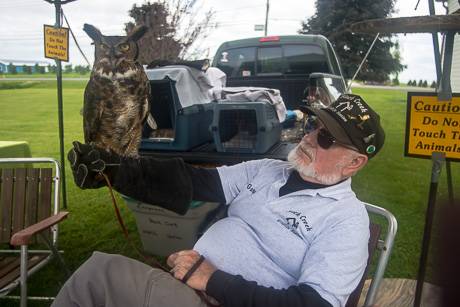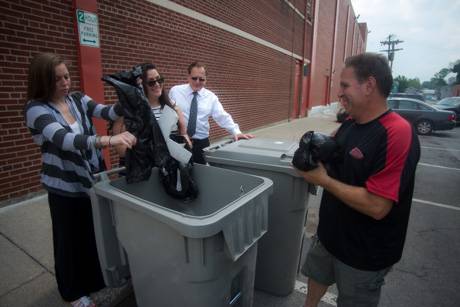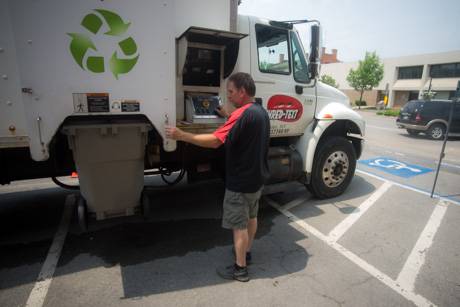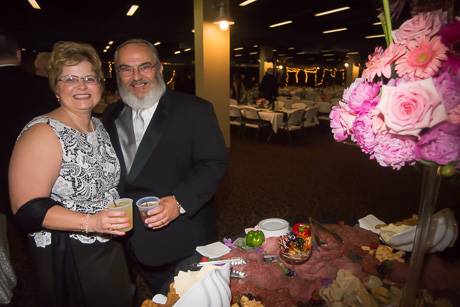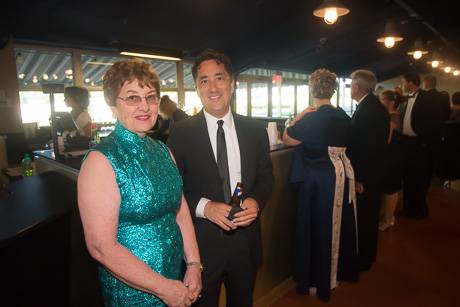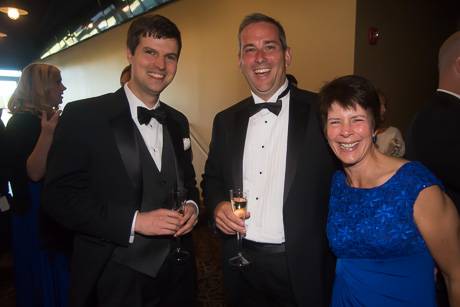BDC releases info on Brownfield Opportunity Area for Batavia
Press release:
Less than a century ago, Batavia’s downtown was bustling with industry, where innovators relocated from New York City to mass produce farm implements to World War II incendiary bombs. These factories employed thousands of workers and took advantage of easy transportation, the railroad and nearby markets. But, the bygone era left a wake of deteriorating buildings, vacant lots and ground contaminants within City limits, a.k.a brownfield sites. Today, City leadership proclaims robust performance-based tax incentives available for the taking to return these underutilized or abandoned locations into vibrant mixed-use places.
In April, the New York Department of State (DOS) officially designated Batavia’s central corridor a Brownfield Opportunity Area (BOA) listing five strategic redevelopment sites. On a parallel track, the City’s local development corporation encouraged Councilmembers to adopt real property tax exemptions and they chased other tax credits to motivate real estate investment. Bold incentives are now in place.
“We could stand by and let these properties continue to decay the neighborhood or do something about it,” City Manager Jason Molino said.
Do something about it, they have. The City has worked to increase its bond rating to A1, turned a multimillion dollar deficit into a balanced budget with capital reserves and secured more than $5,000,000 in grants to improve existing industrial areas, upgrade infrastructure and study the longtime stagnant community.
A Community Improvement Plan was released in 2012 emphasizing an upgrade in housing stock followed by local adoption of real property tax exemptions that offer 12-year tax-bill discounts for converting non-residential buildings into mixed-use spaces. Shortly after, a sizeable $265,000 New York State Department of State BOA grant enabled local activists to grease the skids even further.
“It took four years but, the grant allowed us to hire a consulting team and organize a local Steering Committee to define market opportunities, investigate the ground and write a plan to move our central business corridor into the 21st century,” Molino said. “We know our small city can offer the conveniences and experiences of a larger city, but at an affordable price.”
The challenge was to determine if the real estate community would invest in the area. Now, the market reports and community confidence suggest they will.
The expert-led and community-inspired BOA plan was formally adopted by City Council in June 2014 and handed off to the City’s local development corporation to implement. The Batavia Development Corporation (BDC) immediately retained Harris Beach PLLC, a known deal-maker in the State to guide the efforts.
“It’s funny how the BOA designation appears like a badge of honor,” said Julie Pacatte, BDC coordinator. "It reads like a proclamation from DOS. In truth, it’s bittersweet. Sad we have these blighted areas but happy it sanctions bonus tax credits rewarding investment.”
Gaining access to that tax credit program is a whole different process, according to Pacatte.
The BDC Board authorized cash reserves to extend environmental investigation and to hire Harris Beach and LaBella Associates to prepare the New York State Department of Environmental Conservation Brownfield Cleanup Program (BCP) application. DEC serves as the gatekeeper to request access to the State tax credit program.
“It is a 643-page document enumerating data with compelling narrative to justify access to the program,” Pacatte said. “The BDC Board is clearly determined to advance the BOA plan.”
Unfortunately, their ambitious goal to go to market last year was stalled by expanded data collection, typical land assembly delays and uncertainty with the BCP as it under-went reform during the State’s budget process. Nevertheless, advocates still believe Batavia remains milestones ahead of other communities.
“The BDC’s approach is aggressive and recommended,” said Bob Murray, partner, Harris Beach PLLC. “To enter the BCP prior to marketing the property assures a preferred developer significant refundable NYS tax credits potentially worth up to 64 percent of total costs incurred for remediation, site preparation and new capital expended on that parcel. Not many communities are as proactive and committed.”
The BDC has released its first request for proposals addressing “Ellicott Station” a four-acre downtown redevelopment area that has confirmed acceptance to the BCP. The proposals are due next month, by Aug. 12.
“It was a no-brainer to spend the time and money necessary to line up these credits,” said Ray Chaya, BDC Board president. “No longer do we need to stand by to wait for investors, we are bringing the ROI to them.”
For more information, visit the BDC Web site.








